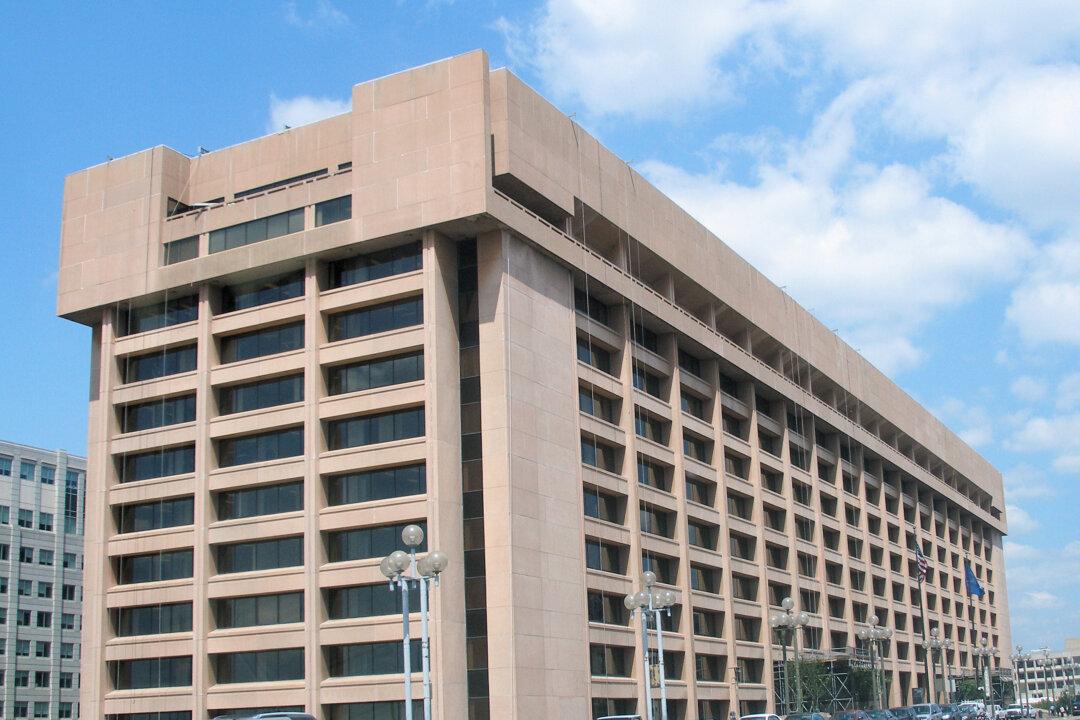A nonprofit government watchdog is suing in federal court to force the U.S. Postal Service (USPS) to produce copies of documents on its tracking of social media posts about planned political protests.
The suit, filed by Judicial Watch in the U.S. District Court for the District of Columbia, is based on the group’s April 28 U.S. Freedom of Information Act (FOIA) request and the failure of USPS to respond by the required deadline.





